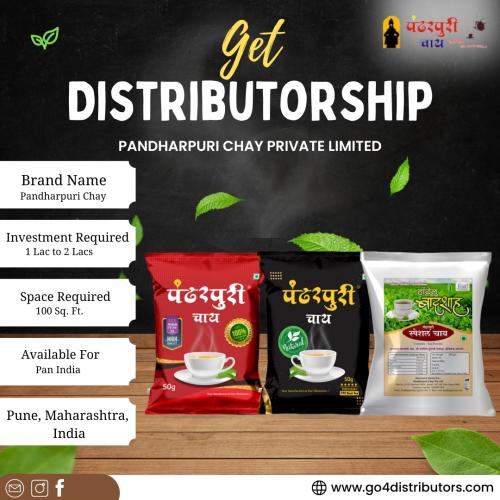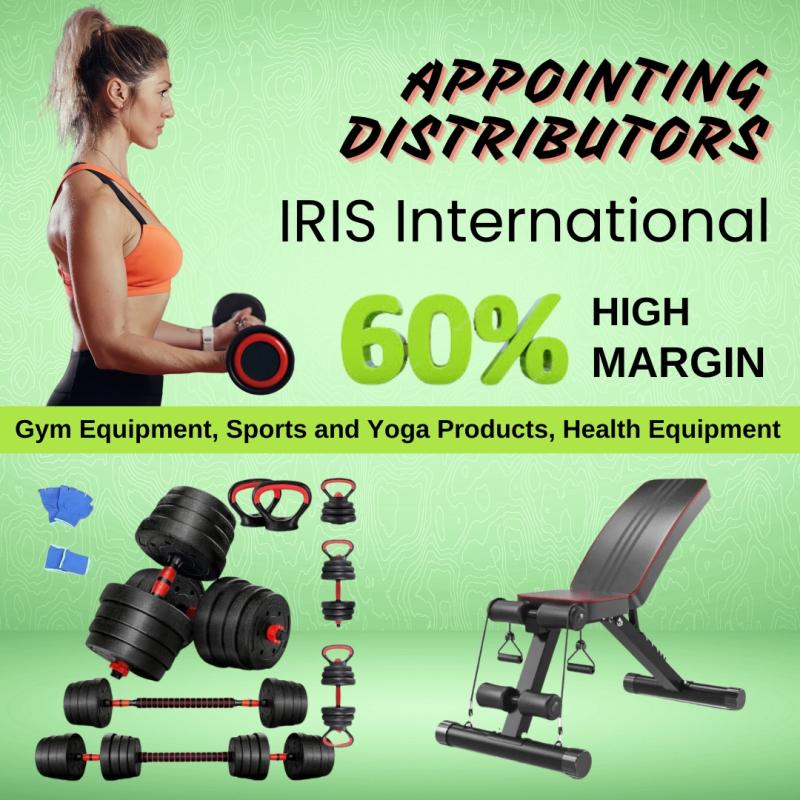What legal requirements must be met to start a tea powder distributorship?


The tea industry in India is not only culturally significant but also economically lucrative. With a rich history dating back centuries, tea holds a special place in Indian households and global markets alike. For entrepreneurs looking to venture into the distribution of tea powder, understanding the legal requirements is crucial. From obtaining licenses to adhering to quality standards, this article explores the essential legal prerequisites for starting a Tea powder distributorship in India.
Legal Requirements:
Business Registration:
Before embarking on your tea powder distribution journey, it's imperative to register your business entity. This can be done as a sole proprietorship, partnership, limited liability partnership (LLP), or a private limited company, depending on your preference and long-term business goals. Registration ensures legality and establishes credibility in the market.
Licenses and Permits:
To operate a tea powder distribution business legally in India, several licenses and permits are mandatory. These include:
Food Safety and Standards Authority of India (FSSAI) License:
Issued by the central government, this license ensures that your tea powder adheres to food safety regulations and quality standards.
Trade License:
Obtained from the local municipal authority, the trade license authorizes your business to operate within a specific jurisdiction.
GST Registration:
As per the Goods and Services Tax (GST) Act, businesses with an annual turnover exceeding a specified threshold must register for GST.
Compliance with Food Safety Standards:
The tea powder distributed must comply with the food safety and quality standards set by FSSAI. This includes proper labeling, packaging, and storage practices to ensure consumer safety and satisfaction. Regular inspections and adherence to FSSAI guidelines are essential to maintain compliance.
Assam, renowned for its lush tea gardens, produces some of the finest tea globally. With a distinct malty flavor and rich aroma, Assam tea enjoys a prominent position in the global tea market. Its unique characteristics make it a preferred choice for tea enthusiasts worldwide.
Quality Assurance:
Maintaining high-quality standards is paramount in the tea distribution business. This involves sourcing tea powder from reputable manufacturers who adhere to quality control measures throughout the production process. Conducting periodic quality checks and ensuring consistency in product quality are essential for building trust among consumers.
Distribution Agreements:
It's advisable to enter into formal distribution agreements with tea powder manufacturers. These agreements outline the terms and conditions of the distribution partnership, including pricing, payment terms, territories, and responsibilities of both parties. Clear and legally binding agreements help mitigate potential disputes and ensure smooth business operations.
Go4Distributors:
Go4Distributors is a leading online platform connecting manufacturers with distributors across various industries in India. Leveraging technology and a vast network, Go4Distributors simplifies the process of appointing distributors for manufacturers, facilitating seamless business transactions. From listing products to finding suitable distributors, the platform streamlines the distribution process, fostering growth opportunities for businesses nationwide.
Starting a tea powder distributorship in India requires meticulous planning and adherence to legal requirements. From business registration to obtaining necessary licenses and ensuring compliance with quality standards, entrepreneurs must navigate various regulatory hurdles to establish a successful distribution business. By understanding and fulfilling these legal prerequisites, aspiring distributors can embark on a journey to tap into the vast potential of India's thriving tea market.
Visit:- Get Distributorship




Comments